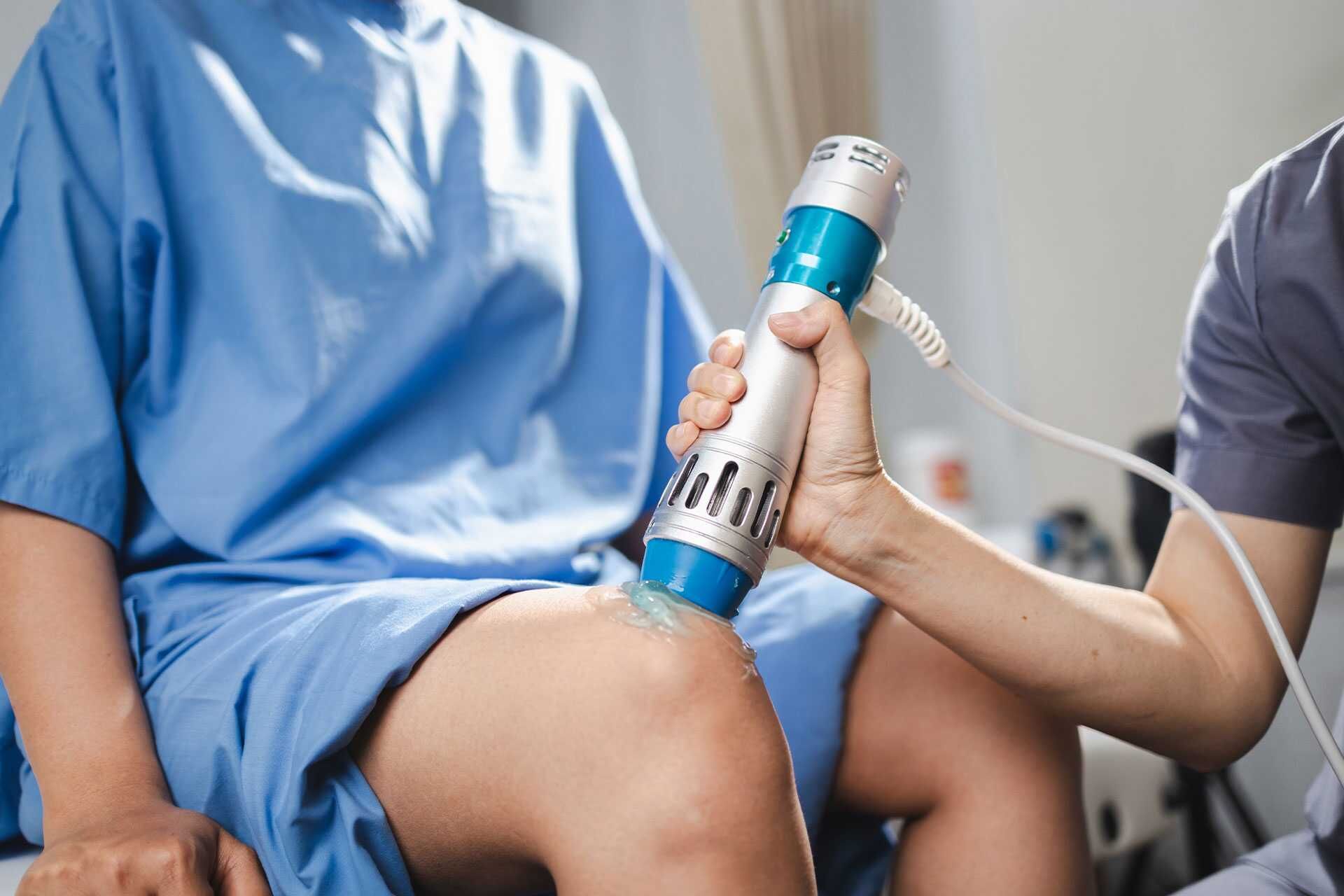TMJ 101: How it Affects You and How to Find Relief
The temporomandibular joint (TMJ) is where the lower jawbone (mandible) meets the temple, which is right in front of one’s ear. The TMJ is a complex joint made of a series of muscles, ligaments, discs, and bones that allow you to move your jaw.
Any disorder or dysfunction related to the joint can cause pain in unsuspecting areas of the body creating collateral health issues. TMJ pain can be very disruptive and is difficult to tolerate without treatment. In this article, learn what is TMJ, what are TMJ symptoms and causes of dysfunctions, and what are some ways to manage it.
Symptoms of TMJ
TMJ symptoms of concern can be mild and often go unnoticed. Common symptoms of a TMJ disorder can be pain or tenderness in your jaw, neck and shoulder, discomfort when chewing or biting, headaches, dizziness, a locked jaw, or a clicking sensation when you move your jaw.
Visual symptoms can include over or underbite, chipped or worn teeth, lines and wrinkles around your mouth, gum recession, or crooked teeth. Another physical change caused by misalignment of the jaw can be poor posture or slouching
Causes of TMJ
There are many reasons why you may have a TMJ disorder or dysfunction. Teeth grinding and arthritis are causes that may increase the symptoms of a TMJ dysfunction or aggravate the condition. Stress can also make a TMJ disorder worse as we often develop bad habits such as chewing on fingers or clenching the jaw when stressed.
When the TMJ is misaligned, the lower and upper teeth do not fit properly, and you experience a “bad bite”. This can cause the muscles of your neck, head, and jaw to be overworked. Pressure is put on these muscles even when at rest. Over time, this builds up inflammation which puts stress on the nerves in your neck, shoulders, and back, resulting in pain in the area.
Treatment Options for TMJ
Prevention by eating softer foods and taking smaller bites to relieve the pressure put on your jaw are manageable lifestyle options including recommendations during treatment. Include meditation and yoga in your daily routine to manage stress and anxiety. If your TMJ symptoms do not clear up on their own, the best treatment is to seek medical advice.
How to treat TMJ dysfunctions are very personalized. You may be recommended a combination of physiotherapy, treatment with a chiropractor, or a night guard to keep your jaw in a good position while you are sleeping.
In severe cases where the above do not fix the problem, surgery may be necessary. It is kept as a last resort as jaw surgery can be invasive and expensive. Your dentist will advise you when it is necessary to consult a maxillofacial surgeon who specializes in problems of the jaw, mouth, and face.
Book A Consultation Today!
Are you experiencing jaw pain, tenderness in your face or pain in your head, neck, and shoulders? Have you noticed that you could be experiencing TMJ symptoms? Our physiotherapists at Delta Physiotherapy and Rehab will assist you to find the cause of your pain and recommend the best way to treat it. Contact us today on 905-270-3086 or fill out our online contact form to book an appointment.










